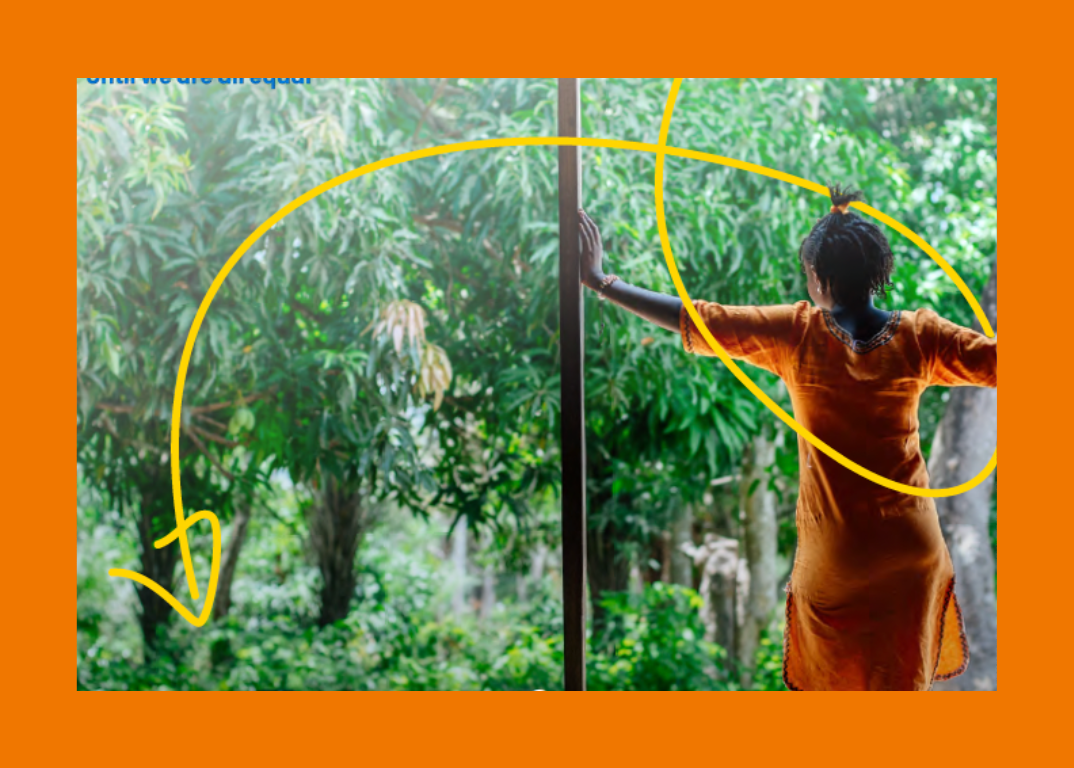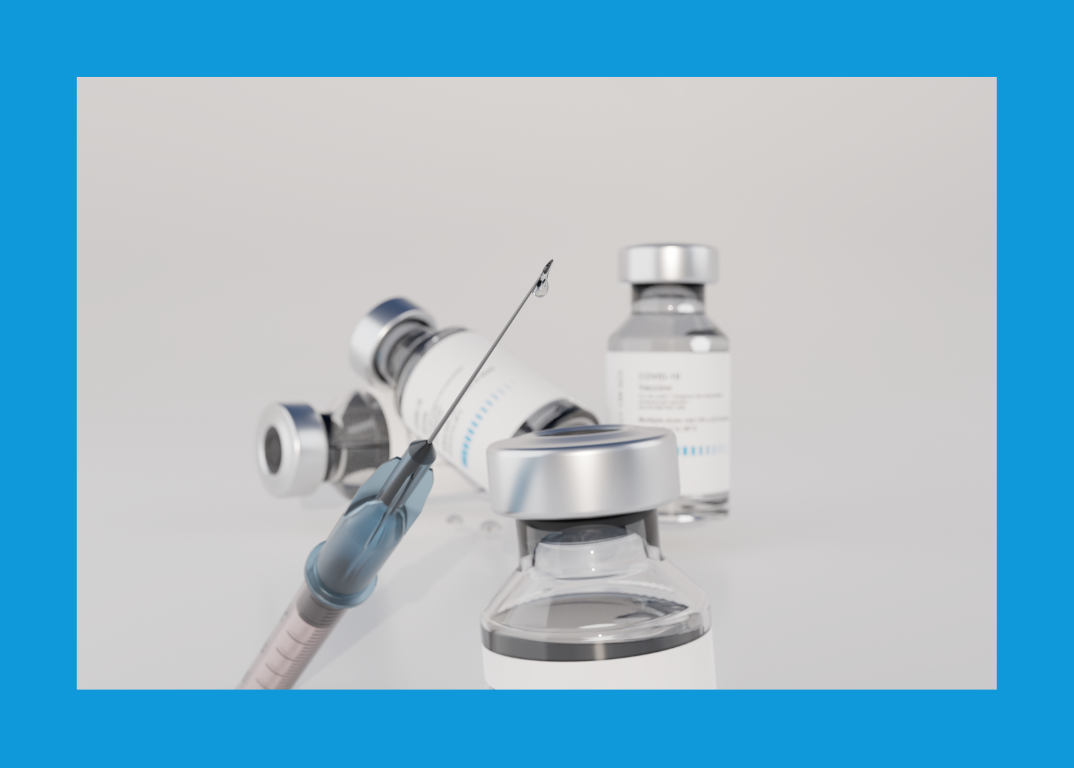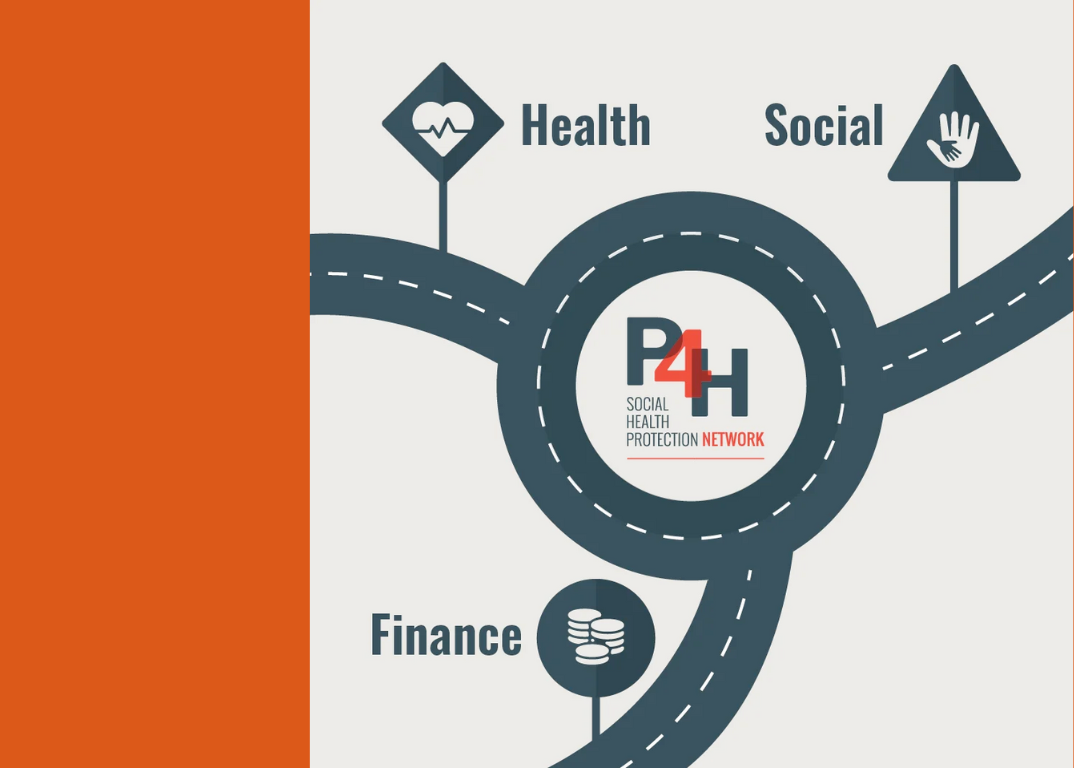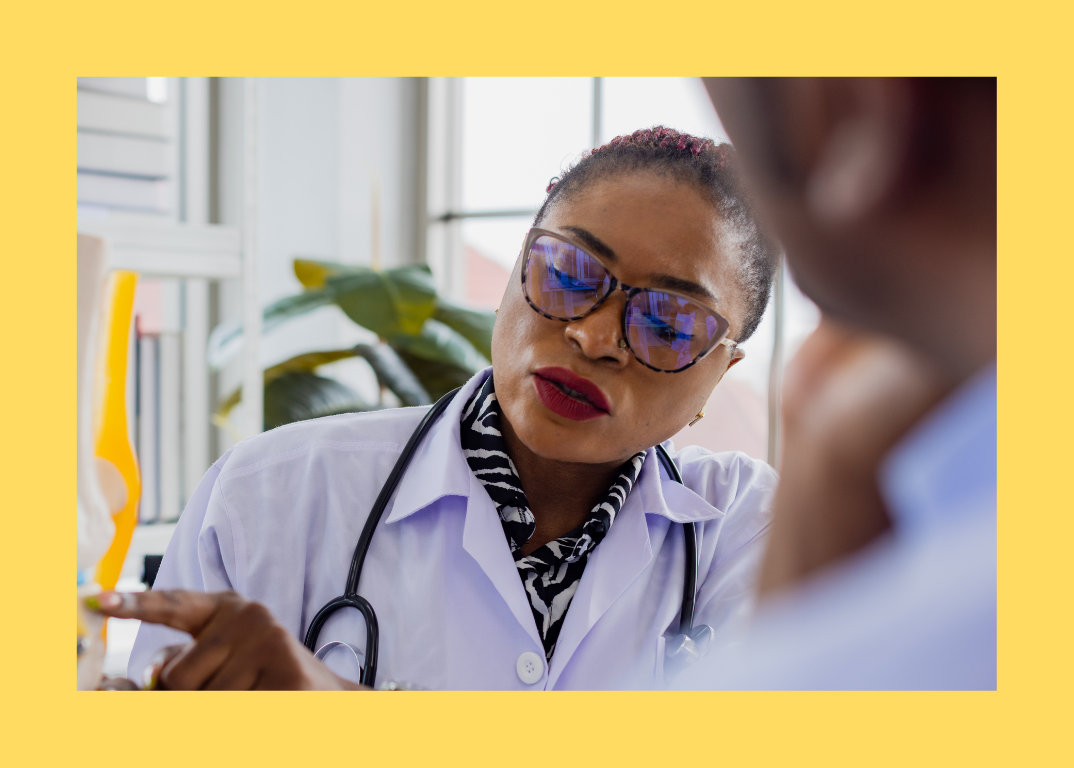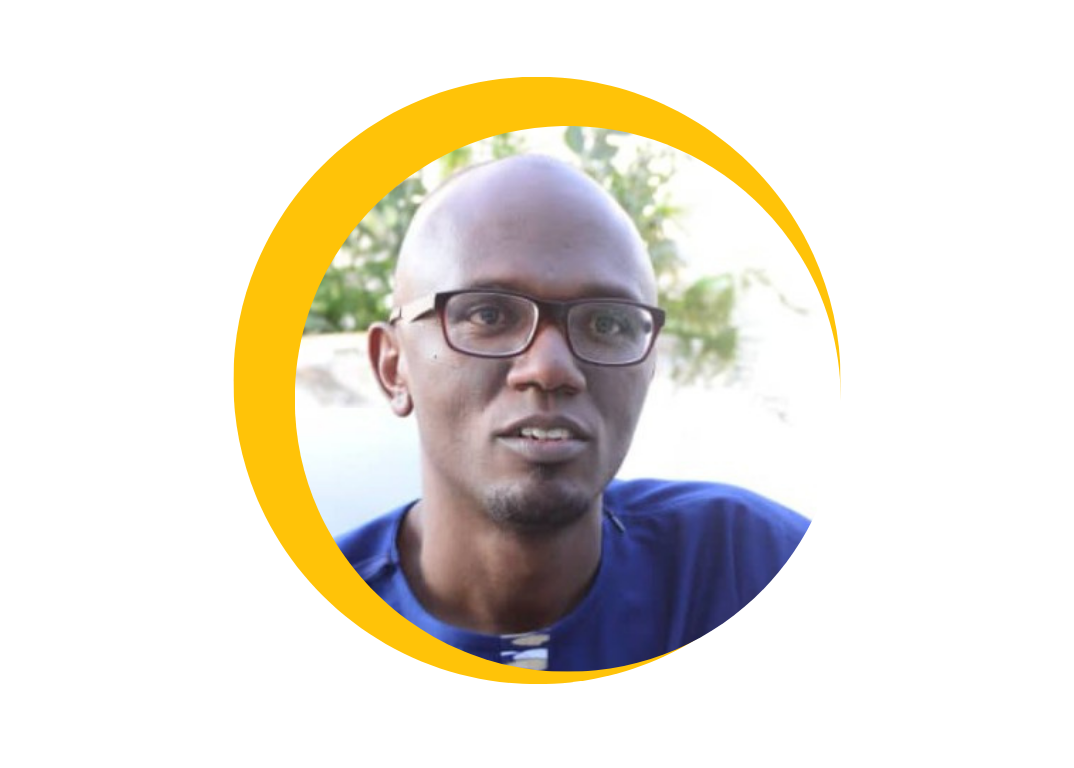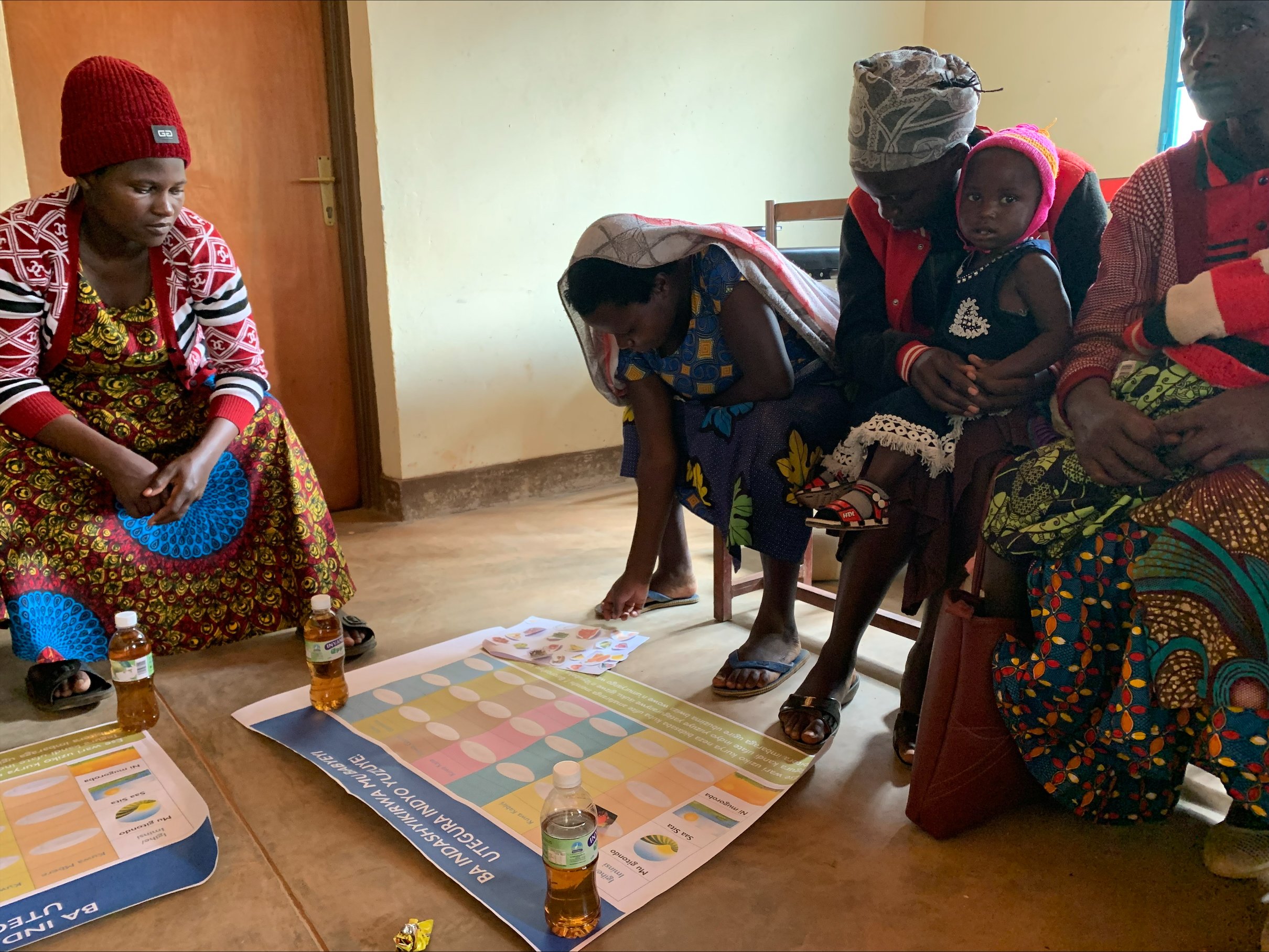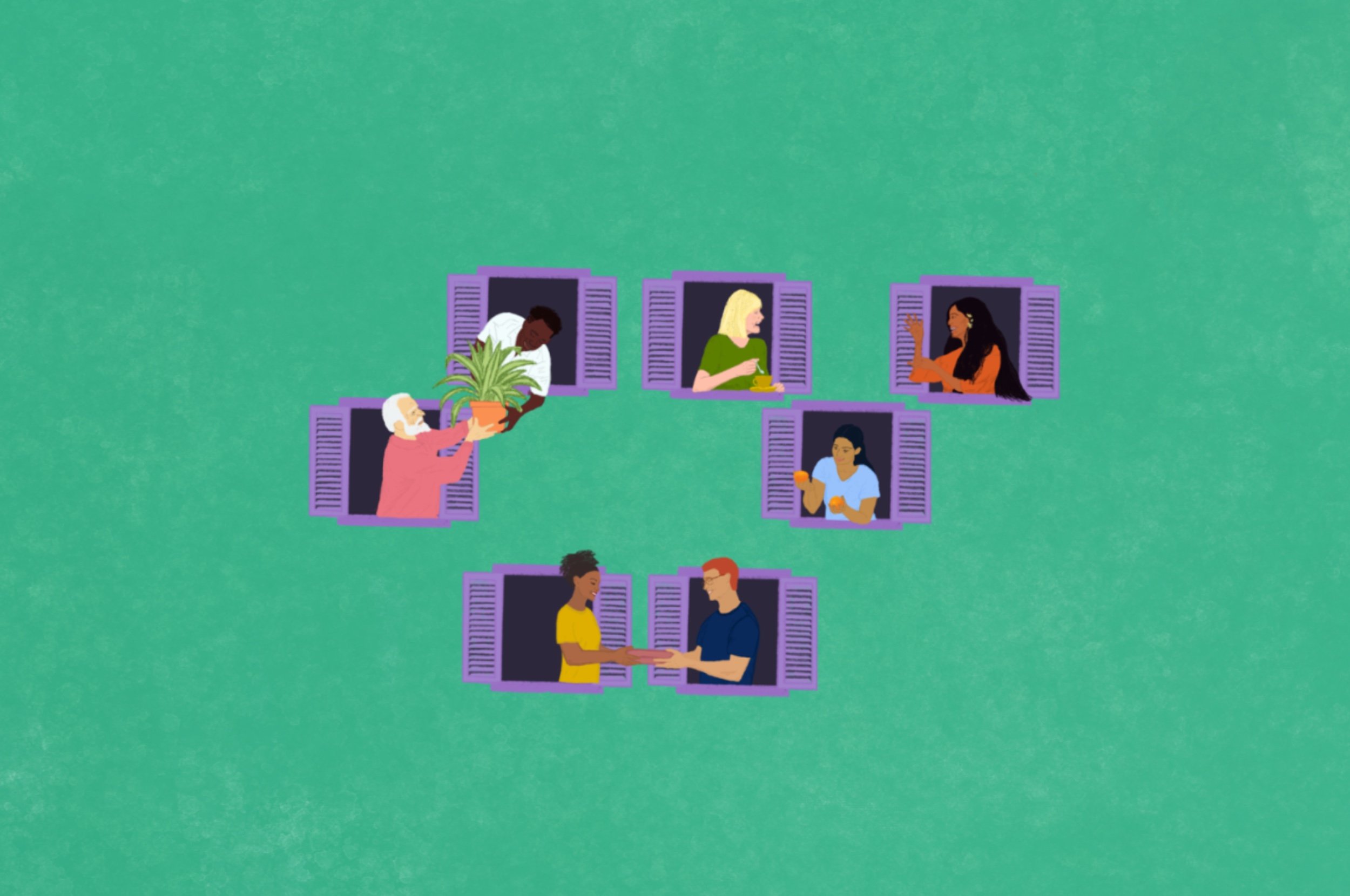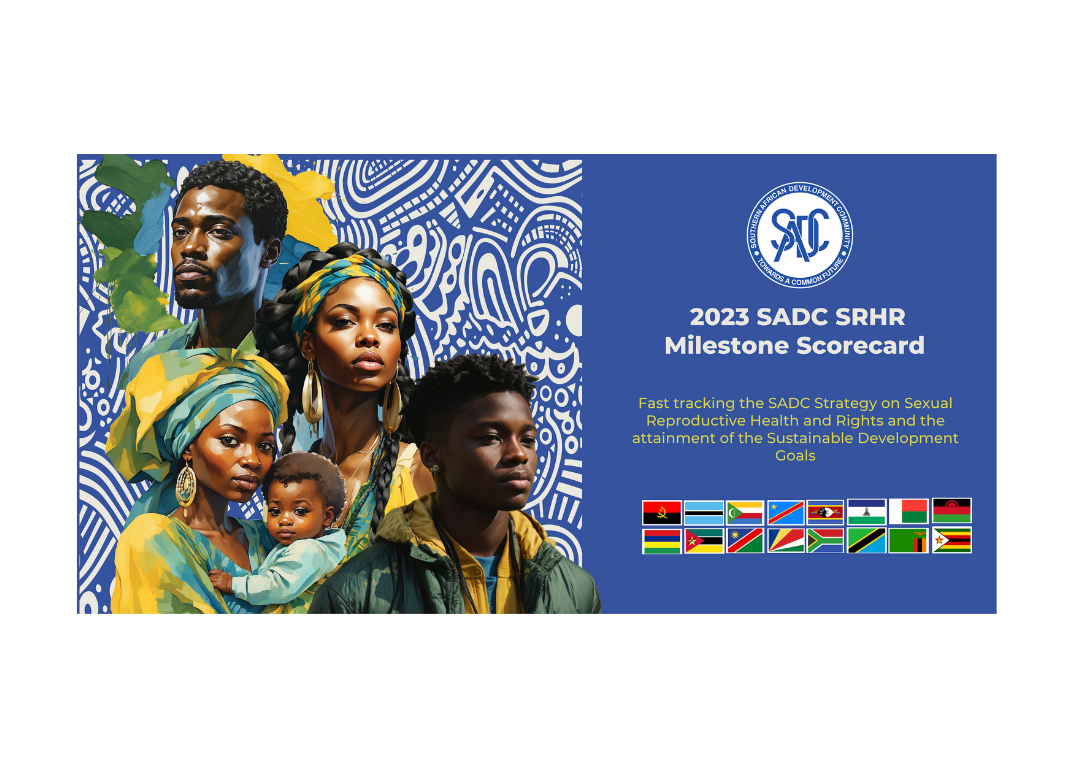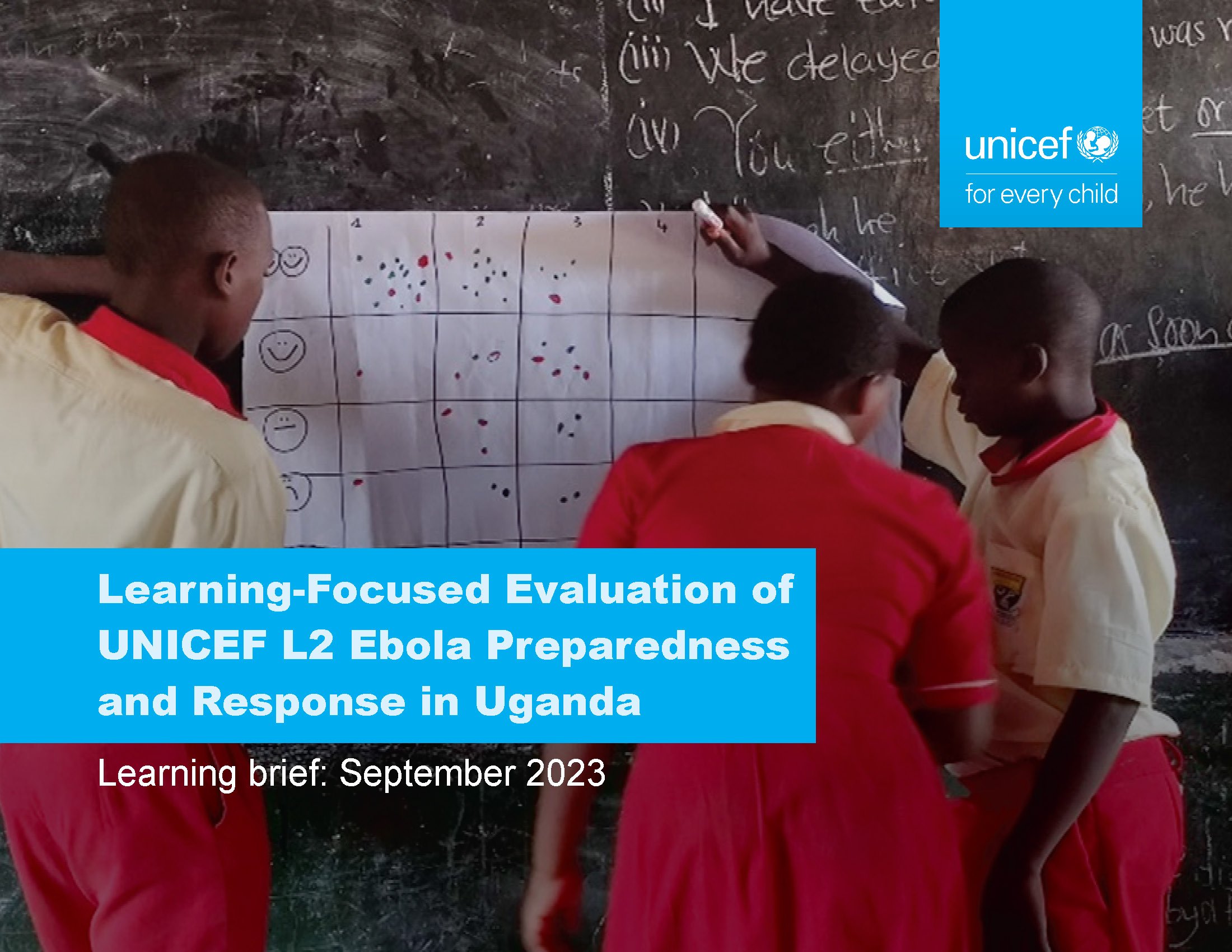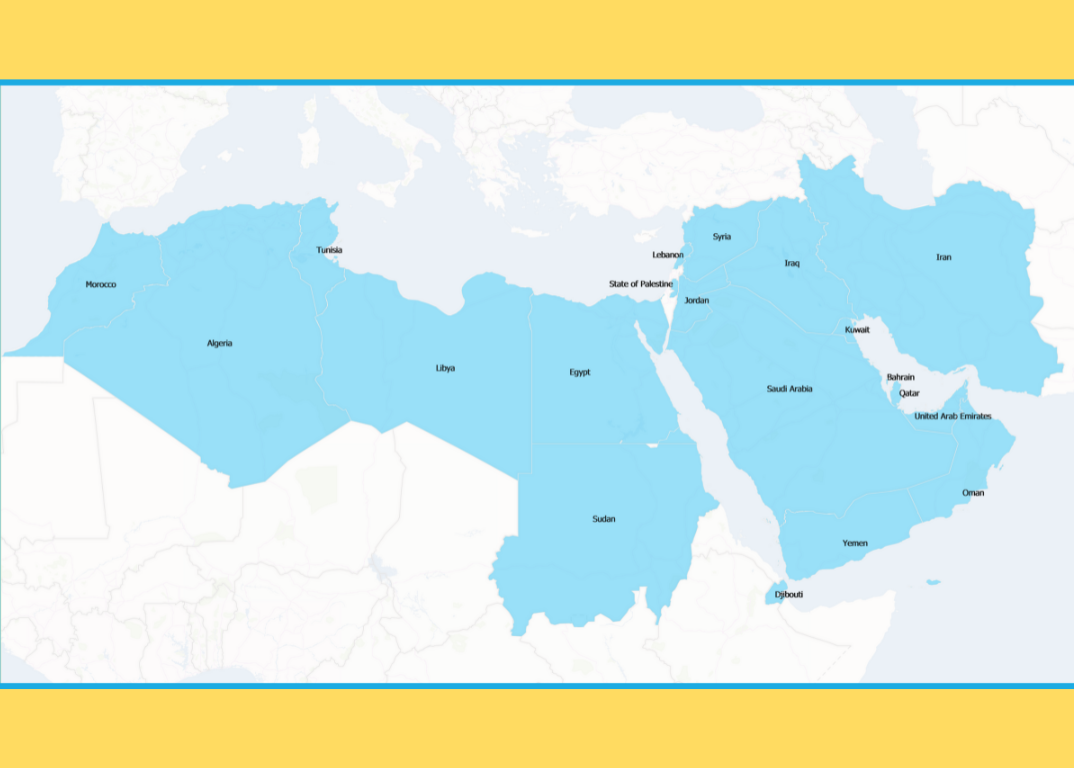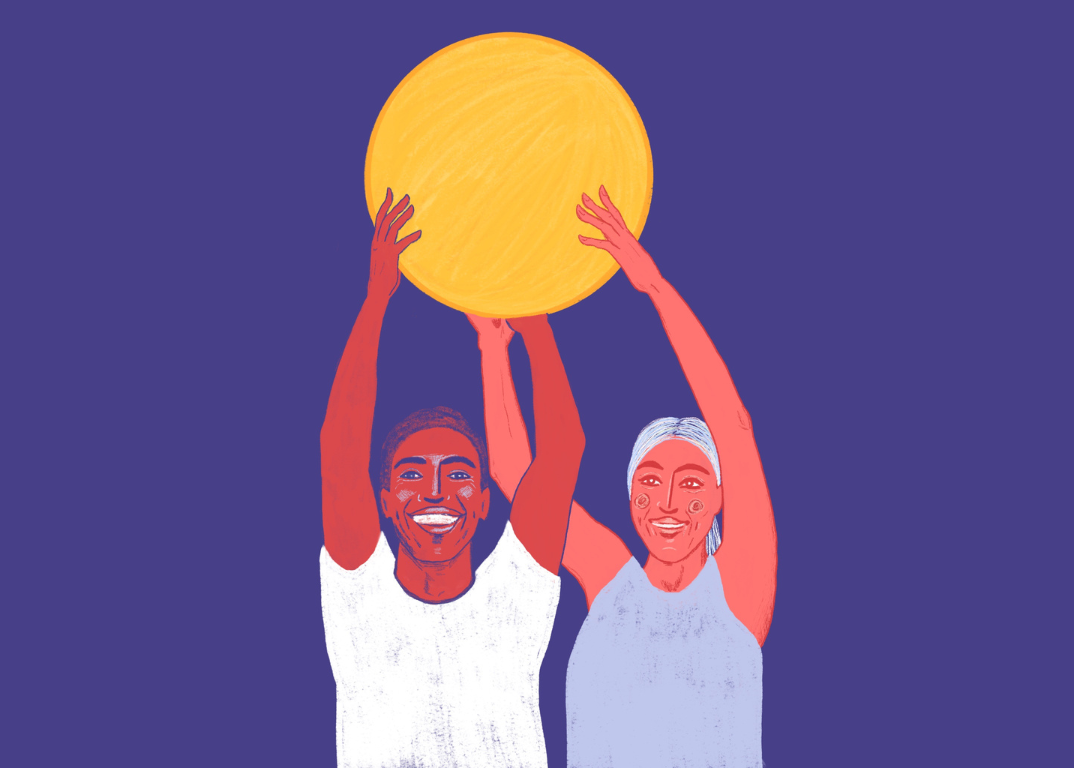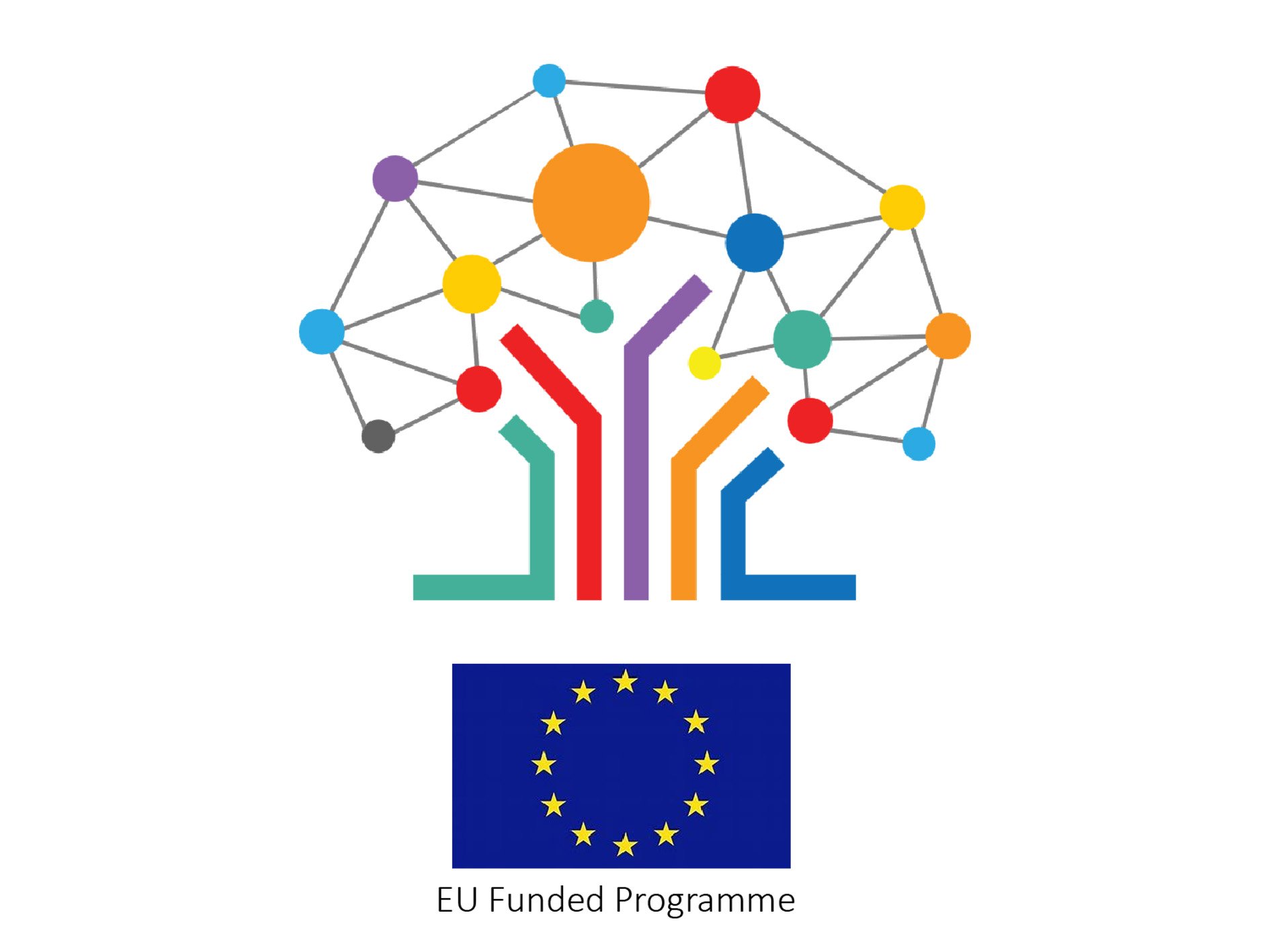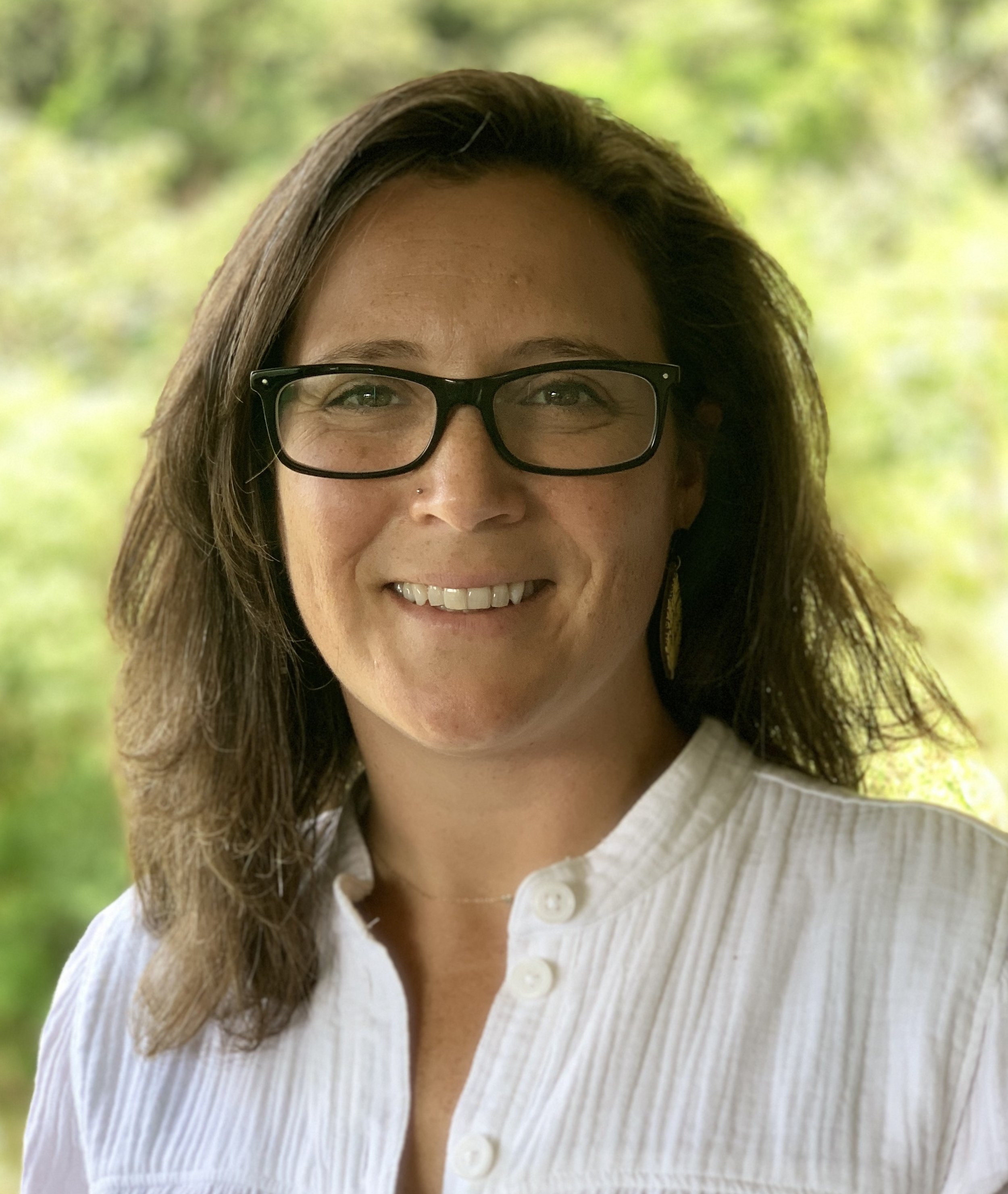
Allison R. Cantor, PhD, MA/MPH, CPH - Evaluation Specialist and Medical Anthropologist
Allison is an evaluation specialist and medical anthropologist with expertise in qualitative methods and analysis and participatory approaches to public health research and evaluation.
Allison completed a PhD in Applied Anthropology and a master’s degree in public health at the University of South Florida in 2016, with a focus on maternal nutrition and food insecurity in the context of international development.
She is a dynamic mixed methods researcher and evaluator, with experience in maternal and child health, water and sanitation, reproductive health, and food insecurity and nutrition.
Allison is an experienced leader in interdisciplinary team management, working for academic and non-profit organizations in various roles that include Academic Director and Evaluation Team Lead. Allison is currently an Adjunct Assistant Professor of anthropology at New Mexico State University and a research affiliate at the Monteverde Institute in Costa Rica.
She has worked in international development as an evaluation specialist and qualitative methods expert for international humanitarian organizations, community-based non-profits, and other development organizations. As the team lead, Allison evaluated Médecins Sans Frontières’ U.S. Covid-19 intervention across 7 sites, as well as the Primary and Sexual Reproductive Health Intervention in Anzoátegui, Venezuela.
Allison started with hera in 2020 and has contributed to numerous assignments, including an assessment of WHO’s Quality of Care Network, External Validation of UNFPA’s results based financing, and feminist participatory action research with Plan International on gender and climate change in the Sahel region. Allison’s roles have included qualitative methods support, project director, and Sierra Leone mission lead. Allison became an associate in 2023.
Related Stories
Community health systems are the backbone of equitable healthcare delivery, especially in regions where vulnerable populations, including children, face significant health challenges. Recognizing the critical need to strengthen these systems, the UNICEF Middle East and North Africa (MENA) Regional Office, with support from hera, commissioned a mapping of community health resources, policies, and infrastructure across 12 countries in the MENA region. The resulting findings are set to guide policymakers, donors, and civil society organisations in making strategic, informed decisions that will shape the future of community health in the region.
At hera, we recently had the opportunity to lead an in-depth evaluation of UNICEF Mexico’s 2020-2025 Country Programme Document (CPD) (Evaluación del Programa de País 2020-2025 de UNICEF en México). This comprehensive assessment covered the programme’s implementation from 2020 to mid-2024, focusing on its four programmatic areas, their execution at federal and subnational levels, and their financial aspects. The evaluation was guided by the criteria of relevance, effectiveness, coherence, and sustainability, ensuring a well-rounded analysis of the programme’s achievements.
The Sahel region stands at the crossroads of climate change and gender inequality, where the escalating climate crisis disproportionately impacts adolescent girls and young women in their diversity. Recognizing the urgent need for a gendered analysis of these challenges, Plan International West and Central Africa Office commissioned hera to conduct a pioneering study on the gendered impact of climate change on adolescent girls’ rights in the Sahel. This research, conducted with an intersectional feminist approach over two phases, engaged 25 young women as co-researchers and 5 mentors, ensuring that the voices and lived experiences of adolescent girls and young women were at the heart of the study.
The hera 2024 Annual Overview is now available.
From strengthening health systems to advancing universal health coverage, 2024 was a year of progress and perseverance for hera. Our work spanned humanitarian response, gender equality, and policy reform—driving meaningful change in global health and development.
As hera continues to grow, we also evolve internally. Dive in to find out what we’ve been up to this year.
In recent years, Kenya has made significant strides in reducing childhood morbidity and mortality from vaccine-preventable diseases. A key contributor to this progress has been the Gavi Health System Strengthening (HSS) support grant, which aimed to enhance immunization systems across the country. In 2024, hera, in collaboration with ICRH-Kenya, was commissioned by UNICEF to conduct a summative evaluation of the Gavi HSS programme to assess its relevance, effectiveness, and impact.
The Lusaka Agenda of December 2023 marked a pivotal moment, outlining five critical shifts in health systems to achieve universal health coverage (UHC) and strengthen primary health care (PHC). In response to this agenda, hera undertook a project that mapped potential pathways for advancing these priorities, offering actionable insights for global health policy reform.
The P4H Network aims to expand healthcare access, reduce financial burdens, and protect against catastrophic health costs. To measure and communicate its impact, a comprehensive Monitoring and Evaluation framework and tools were developed, including the innovative Critical Milestone Timelines tool.
In 2023, Malawi and Mozambique faced a double blow of natural disasters and public health crises. The devastation caused by Cyclone Freddy, coupled with a severe cholera outbreak, left communities grappling with loss, destruction, and a lack of basic services. In response, UNICEF activated its Level 2 Corporate Emergency Activation Procedure (CEAP) to address the urgent needs of those affected. A recent evaluation by hera sheds light on the effectiveness and impact of UNICEF’s response to these concurrent emergencies, offering critical insights for future humanitarian efforts.
The COVID-19 pandemic exacerbated existing humanitarian crises, overwhelming healthcare systems and disproportionately affecting vulnerable populations. To understand the impact on humanitarian health responses, the WHO Global Health Cluster commissioned hera to conduct a comprehensive assessment.
hera was contracted to assess the UNDP-UNFPA-UNICEF-WHO-World Bank Special Programme of Research, Development and Research Training in Human Reproduction (HRP).
With the goal of better integrating sexual and reproductive health and rights services (SRHR) into humanitarian responses, and improving access to services for vulnerable populations, hera led a consortium to develop a handbook for East and Southern Africa. The project aimed to create standardised tools for assessing vulnerability and its impact on SRHR service delivery.
We are thrilled to announce the addition of two exceptional professionals to the hera team.
Announcing Erick Baganizi as hera’s newest Associate Partner.
We are very happy to announce that Giorgia Lattanzi has joined hera as partner following our latest General Assembly of April 2024.
In 2023, hera was contracted to develop and test social and behaviour change communication tools and strategies to enhance community awareness and participation in MNASRH services in Rwanda.
As we commemorate March 8th as International Women's Day, the UN theme "Invest in women: Accelerate progress" serves as a timely reminder of the indispensable role of gender equality in delivering prosperity and ensuring a healthy planet for future generations.
Our Annual Report for 2023 is now available.
This past year has been a journey of resilience, innovation, and impact in the fields of health, development, and human rights. Dive into our report to explore the stories behind our projects, the insights we've gained, and the progress we've made towards a healthier and more equitable world.
Read our latest post on the evaluation of the Norway-India Partnership Initiative (NIPI). Learn about the efforts of NIPI in providing support and fostering innovation in maternal, neonatal, and child health in India.
The 2nd Milestone Scorecard presents an important roadmap for future action. The insights provided in this data collection round show what’s working and provides crucial insights for shaping policies and health strategies, guiding us towards a future where sexual and reproductive health rights and services are accessible and upheld for all
On World AIDS Day, we at hera-right to health and development stand together with the global community in the fight against HIV. Embracing this year's theme, "Let Communities Lead," we recognize the transformative impact of community involvement in overcoming the challenges of HIV.
In 2023 hera was selected to undertake a critical review of the "Partnering for Transformational Change: Strengthening Liberia’s Surgical Health System" project. This initiative, implemented by Mercy Ships and funded by Norad, was established against the backdrop of Liberia's challenging healthcare environment, particularly in its surgical health system.
This report evaluates Kenya's DESIP program, which boosts family planning access in 12 counties. It explores the program's impact on reducing unmet needs and fertility rates, especially for marginalized groups.
Explore hera's comprehensive, learning-focused evaluation of UNICEF's response to the 2022-2023 Ebola crisis in Uganda. Learn how the evaluation aims to inform future public health strategies
hera's experts assess community health systems in the Middle East and North Africa for UNICEF. This project aims to improve healthcare access in a region facing conflict and strengthen its response to health threats.
UNICEF's Level 2 (L2) emergency response was carried out in collaboration with the National Bureau of Risk and Disaster Management and focused on 10 districts in three priority regions in the South of Madagascar. A hera team was selected to evaluate the L2 response with a dual objective of learning and accountability.
We are pleased to share the launch of our revamped website. This update goes beyond just a fresh "look"; it is the result of a thoughtful collaboration with Portuguese artist, Patricia Lourenço.
We are delighted to announce that hera, in steadfast commitment to the values of equity, social justice, and human rights-based development, was recently awarded another four-year contract to lead the consortium for the Knowledge Hub on Health, Socio-Economic Inequalities, and Social Protection (HISP). This follows two similar successful Health Advisory Service contracts that hera implemented between 2014 and 2022.
The World Health Organization (WHO), taking the lead in responding to this pressing issue, selected hera to conduct a study on the complexities of COVID-19 vaccine deployment and administration in humanitarian settings, with a specific focus on populations of concern (PoC). The study was initiated in March 2022 and concluded in March 2023, and encompassed case studies in multiple countries deeply affected by humanitarian crises: Cox's Bazar (Bangladesh), Colombia, the Democratic Republic of the Congo (DRC), Iraq, South Sudan, and Syria.
This fact sheet was developed by the United Nations Population Fund (UNFPA) with the support of a hera team that included Adria Armbrister, Marianne Eelens, and Alejandra Martinez.



